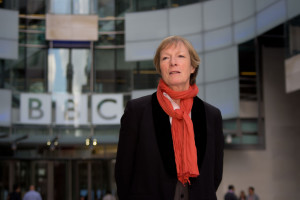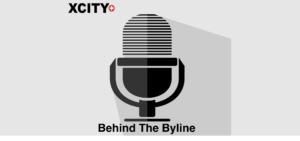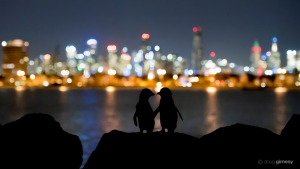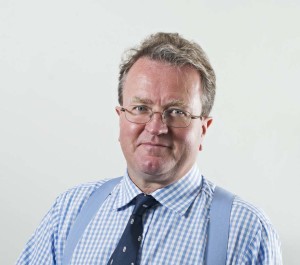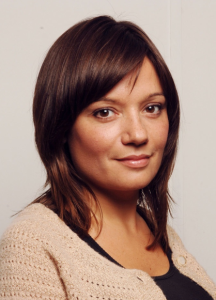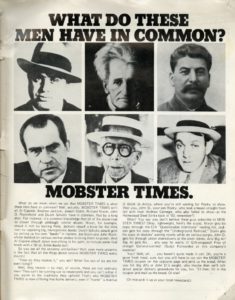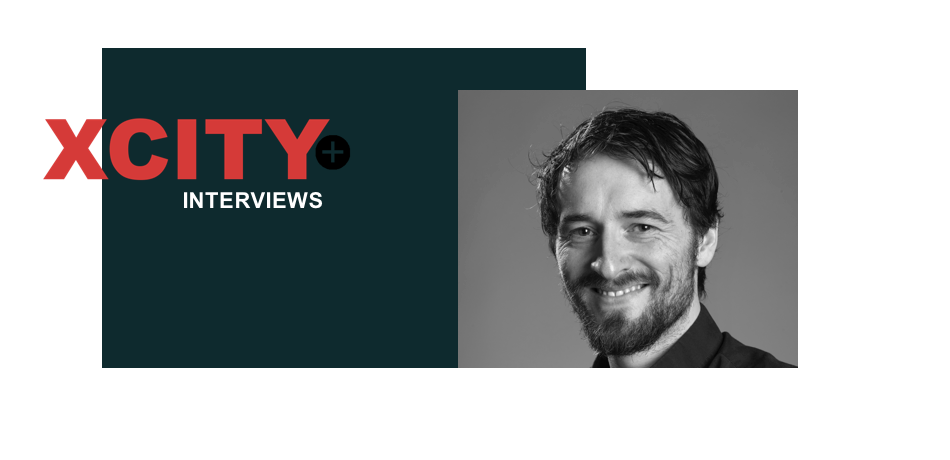
Ex-city student Ryan O’Hare (Science, 2013) is a research media officer at Imperial College London. He sat down with Jasper Hart to talk science journalism, communications and muddling up time zones.
Did you always want to be journalist? If you weren’t a journalist what would you be?
I initially wanted to be a scientist, but during my undergrad days – after months of growing plants in jars in the lab and failing to keep them alive – I quickly figured out that I was better writing about it than doing it!
Music is also a huge part of my life, so I would do it full time if I could. I love it, but I’m in my thirties and I’m yet to earn any decent money from playing gigs.
What’s one thing you learned at City that you still use today?
One of the most valuable tools has been multimedia editing. I fondly remember working on the audio editing suites to pull together podcasts, and being taught tricks of the trade by former producers and journalists, as well as working and reworking my features.
I still use these skills today, writing news stories and press releases, editing interviews with researchers for podcasts, making quick videos for social media or editing music outside of work.
What has been the most embarrassing moment of your career?
When writing about health and science you get to speak to researchers all around the world, and in every time zone. When I was new to reporting I got time zones muddled after daylight savings changes, and missed calls. Most embarrassing was probably getting a call out of the blue from a US researcher following up after I had failed to phone them, leaving me scrambling around for my notes.
Do you see your future in journalism?
I’m currently on the press officer/science communications side of the fence, which has its benefits and is generally less frantic – but because I speak to reporters and producers every day I still feel connected to the newsroom.
After a few years at it, I still enjoy writing and reporting, especially covering medicine. I don’t think that will ever change. I feel lucky to be able to enjoy my work and be in the mix of journalists, scientists and clinicians.
What is the highlight of your career so far?
I’ve been lucky enough to write about stem cell therapies, cutting edge brain science, distant galaxies, the twists and turns of human evolution, and even the long-term effects of space travel on the human body.
Science and medicine are great beats to work on. The competition is fierce, but there are always new avenues opening up around how to tell stories, as it’s so fundamental to society.

